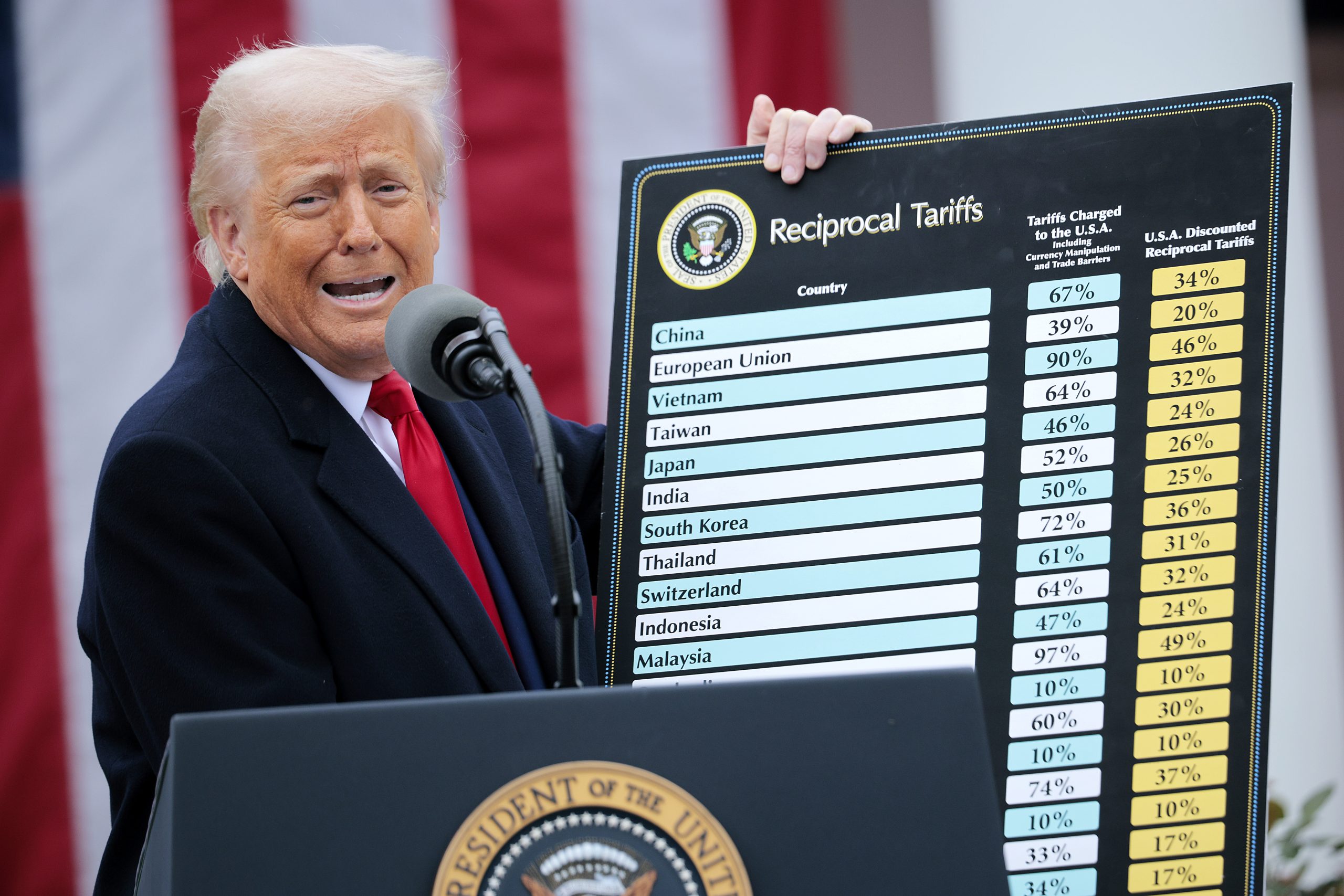The Trump administration’s controversial tariff policy is headed for a potential showdown at the Supreme Court. In a late-night filing, the administration petitioned the justices to review lower court rulings that unanimously declared the tariffs illegal. This move, however, presents a fascinating legal and political paradox, potentially forcing the conservative-leaning Supreme Court to confront its own precedents.
A Legal Minefield of Executive Power
Two federal courts, involving a total of ten federal judges, have already deemed President Trump’s fluctuating tariff policy unlawful. The core issue revolves around the extent of executive power in setting trade policy. The administration’s petition to the Supreme Court, however, inadvertently bolsters the case against its own tariffs. The opening paragraphs meticulously detail the administration’s justification for the tariffs, inadvertently highlighting the very actions that violate established legal precedent, particularly concerning the scope of presidential authority in matters of trade. These detailed justifications, intended to support the tariffs, ironically present a compelling argument for their illegality.
The “Major Questions Doctrine” – A Double-Edged Sword?
The Supreme Court’s recent emphasis on the “major questions doctrine,” a principle limiting executive agencies’ power to address significant policy questions without explicit congressional authorization, casts a long shadow over this case. This doctrine, notably used in cases limiting the Biden administration’s actions, seems directly applicable to Trump’s expansive tariff policies. The question now becomes whether the Court will apply this doctrine consistently across administrations, regardless of political affiliation. This inconsistency would raise serious questions about the impartiality of the court and the rule of law. Applying the doctrine to Trump’s actions would represent a significant rebuke to his approach to trade policy, a policy characterized by its frequent shifts and lack of transparency.
Political Implications and the Road Ahead
The Supreme Court’s decision will have far-reaching consequences. A ruling against the tariffs would not only invalidate Trump’s policy but also potentially set a precedent limiting future presidential actions in similar circumstances. Conversely, a decision upholding the tariffs, despite the seemingly clear legal violations detailed in the petition itself, would raise serious concerns about the court’s commitment to consistent application of legal principles and its susceptibility to political influence. The case highlights the intricate interplay between legal precedent, executive authority, and political considerations within the American judicial system. The upcoming Supreme Court hearing will be closely watched, not just for its legal implications, but also for its potential impact on the future of presidential power and trade policy in the United States.
CONCLUSION: The Supreme Court’s decision in
Trump v. V.O.S. Selections
holds immense significance, far exceeding the narrow scope of tariffs. It will serve as a critical test of judicial consistency, the limits of executive power, and the integrity of the rule of law in the face of highly partisan politics. The outcome will undoubtedly shape the landscape of future trade disputes and the relationship between the executive branch and the judiciary.
Based on materials: Vox





